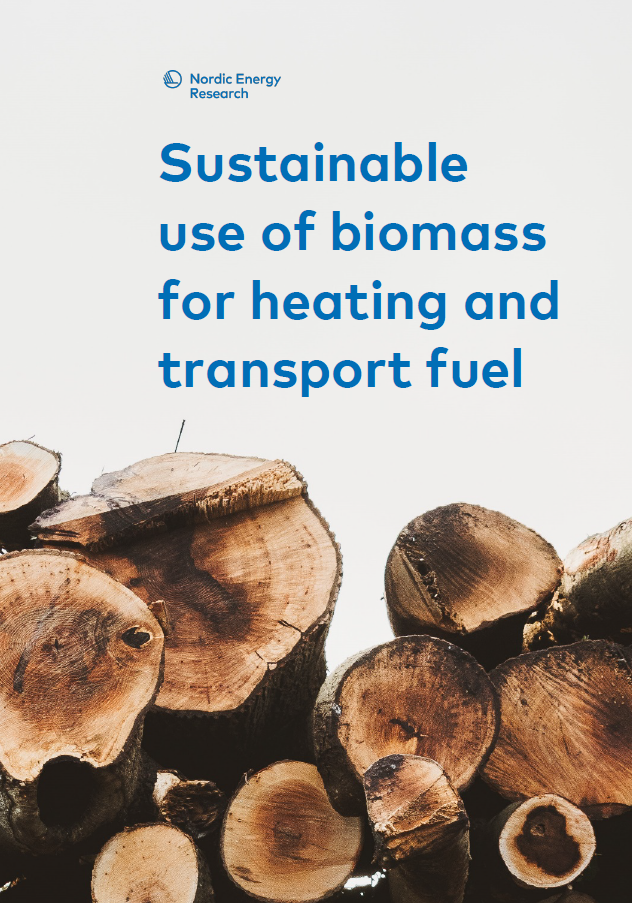
Sustainable use of biomass for heating and transport fuel
In the last ten years, the share of renewables in the total primary energy demand of the Nordic region has increased sharply. The growth is mainly due to an increased…
In the last ten years, the share of renewables in the total primary energy demand of the Nordic region has increased sharply. The growth is mainly due to an increased use of bioenergy. It is widely believed that, in order to reach carbon neutrality, the use of bioenergy should continue to grow. But the sustainability of biomass for energy is still debated and the issue is complex. Some analysts expect biomass to provide large amounts of clean energy at acceptable environmental costs and with net positive socioeconomic effects; others project limited potential and large adverse effects such as increased hunger, biodiversity loss, and substantial GHG emissions.
To provide guidance on this matter, Nordic Energy Research, Nordic Forest Research, and Nordic Joint Committee for Agricultural and Food Research have produced a policy brief, Sustainable use of biomass for heating and transport fuel. The brief focuses on biomass from forestry, agriculture, waste, and the marine environment as a sources of energy for heating and transportation fuels.
You can download the full report for free here: Sustainable use of biomass for heating and transport fuel.
